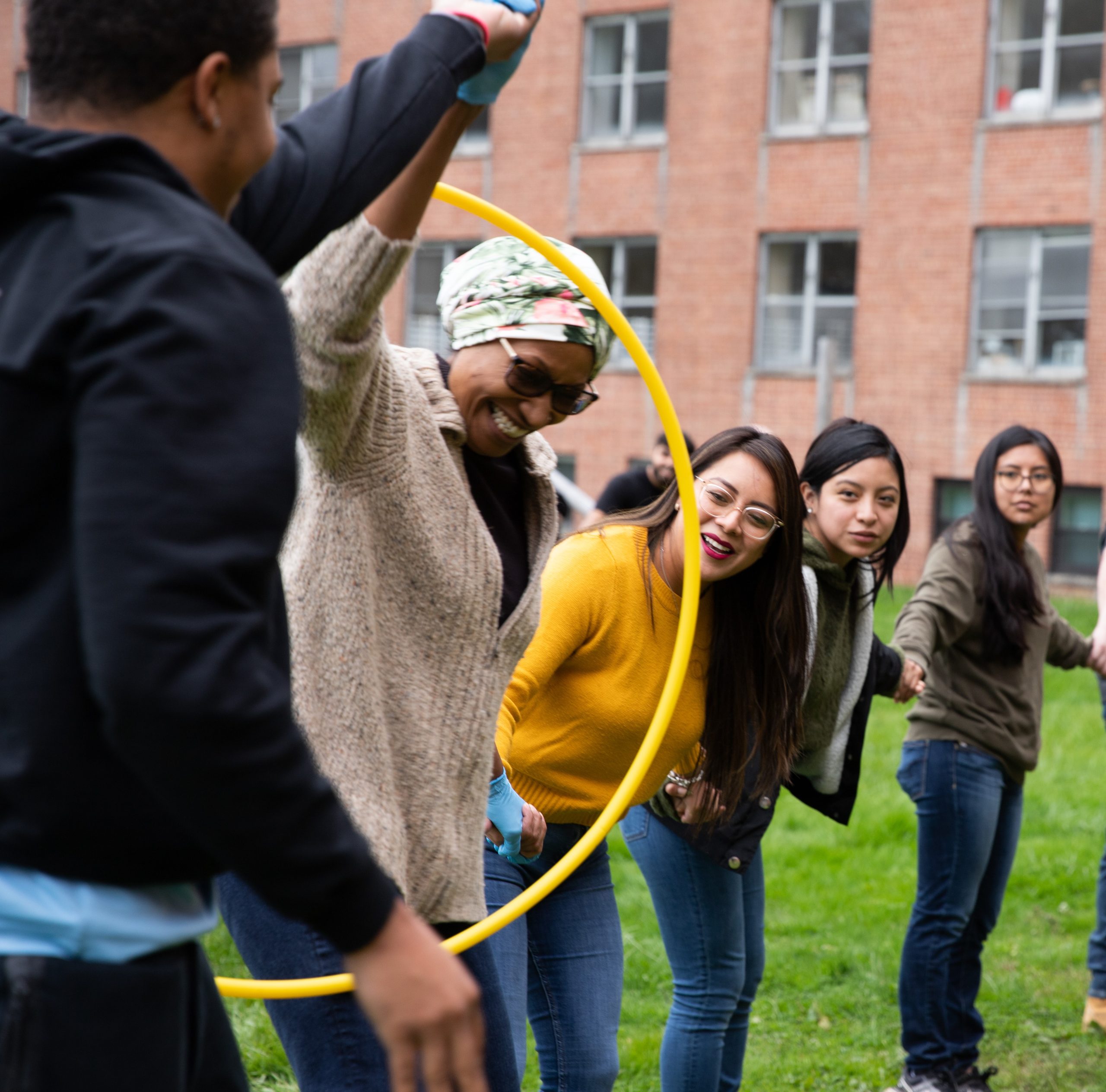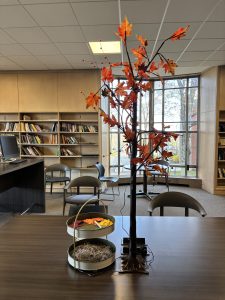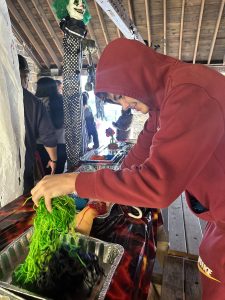At Shrub Oak International School, monthly staff training sessions are an integral part of our commitment to providing exceptional support for our students. These sessions are meticulously designed and conducted by our training specialists to ensure our staff is well-equipped with the latest strategies and techniques to support our students. July’s sessions focused on “Active Listening,” a critical skill for effectively engaging with our students.
The training began with a thought-provoking two-minute video. This video contrasted active listening with its absence, though no context was initially provided. Staff members were then asked to identify the skill being demonstrated, which segued into the introduction of the concept of active listening. This approach served as a springboard into the detailed review of the material, primarily drawn from the “Therapeutic Crisis Intervention for Schools” (TCIS) curriculum. Through a series of slides, both verbal and non-verbal aspects of active listening were explored. This included conducting knowledge check questions to ensure comprehension and discussing examples provided by both the trainer and the staff.
An essential part of the session involved addressing the unique challenges of applying active listening with our student population which is comprised of autistic children, adolescents, and young adults. Given the diverse needs of our students, it is crucial to tailor these techniques to support each student effectively. This discussion highlighted the importance of flexibility and adaptation in our approach, ensuring that each student receives the personalized attention they require.
To reinforce the theoretical knowledge, staff members engaged in a practice activity. They were paired up and took turns acting as the “speaker” and the “listener.” The “speaker” discussed a topic they were passionate about, while the “listener” practiced the active listening techniques learned earlier. After each interaction, the “speaker” provided feedback using a worksheet, allowing the “listener” to refine their skills. The pairs then switched roles, ensuring everyone had the opportunity to practice both speaking and listening. Throughout this activity, training staff circulated to offer guidance and answer any questions, ensuring that everyone remained on track.
Following the practice activity, the group reconvened to discuss their experiences. This debriefing session allowed staff members to share what they felt they did well and where they encountered difficulties. The trainer also provided additional observations and insights based on their monitoring of the pairs. This collaborative reflection helped to cement the learning, offering valuable takeaways for future interactions with students.
The session concluded with an opportunity for additional questions. This ensured that any lingering uncertainties were addressed, and staff members felt confident in their ability to apply these techniques in their daily interactions with students.
By combining theoretical knowledge with practical application and reflective discussion, our training specialists ensure that staff members are not only informed but also skilled in implementing the techniques necessary to support our students effectively. This commitment to ongoing professional development underscores our dedication to creating a nurturing and responsive educational environment for all our students.





